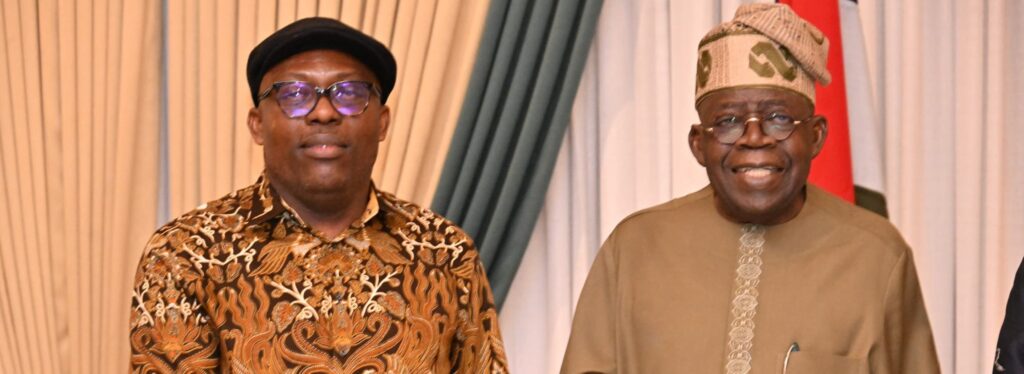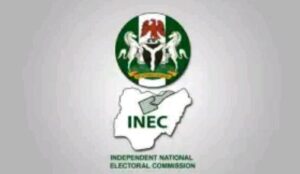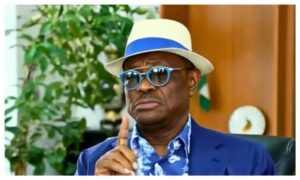President Bola Tinubu has reportedly agreed to let Siminalayi Fubara return as the Governor of Rivers State, but only if Fubara promises not to run for a second term in 2027.
This decision was made after a private meeting held on Thursday, June 26. Those present at the meeting included President Tinubu, Governor Fubara, FCT Minister Nyesom Wike, and members of the suspended Rivers State House of Assembly.
Sources close to the presidency told TheCable that this deal is part of a bigger plan to bring peace and restore democracy in Rivers State. However, it involves major compromises from both sides.
One of the key conditions is that Fubara will finish his current four-year term but must agree not to contest in the next election. This is seen as a way to reduce his political power, but Fubara has accepted the deal.
Another part of the agreement allows Wike to choose all 23 local government chairpersons in Rivers State. This move is meant to give Wike more control at the grassroots level.
The report also stated that Governor Fubara agreed to pay all the outstanding allowances and benefits of the 27 lawmakers loyal to Wike, who were earlier removed from the state assembly.
In return, those lawmakers will no longer try to impeach Fubara. These lawmakers, led by Martin Amaewhule, had earlier switched to the APC but insisted on keeping their seats. This has been a major issue in political and legal discussions.
Presidency insiders believe the meeting on Thursday night was a major step in Tinubu’s effort to stop the political fight between Fubara and Wike. But this peace deal means Fubara has given up a lot of power just to stay in office.
“The arrangement is clear: no second term, no local government control, and peace will return.’a source said
Another source was quoted as saying
‘’The president made it clear that Rivers cannot afford a prolonged crisis. The deal is about restoring calm, but it comes at a steep cost for Fubara. Wike is the real winner here. By controlling the local government chairmen, he retains significant influence over the state’s political machinery, which will be crucial for 2027.”







